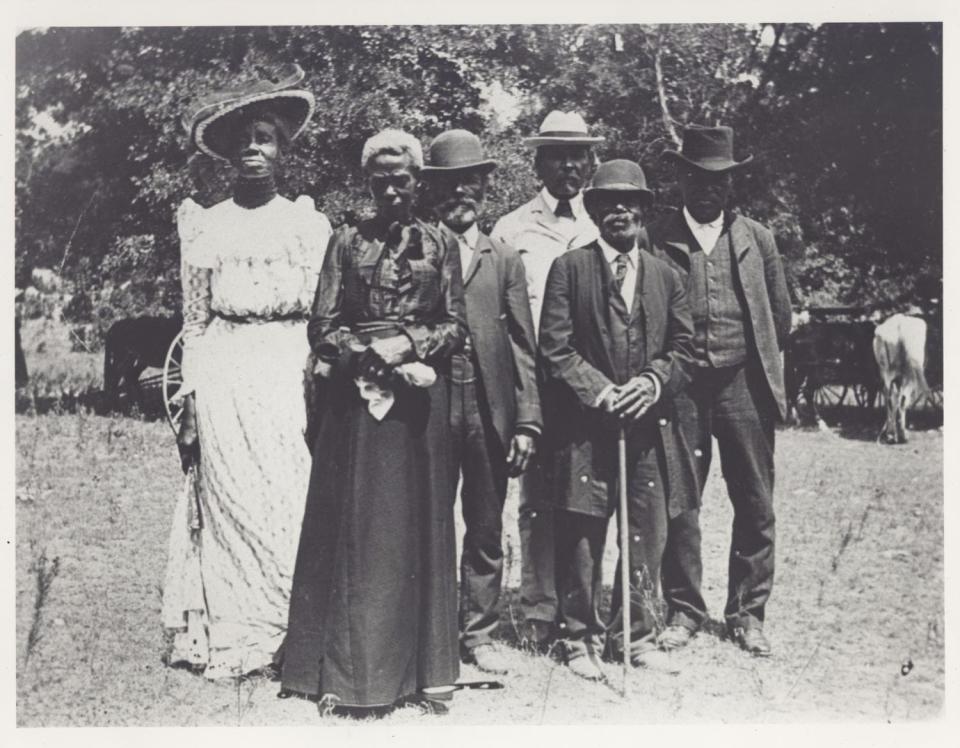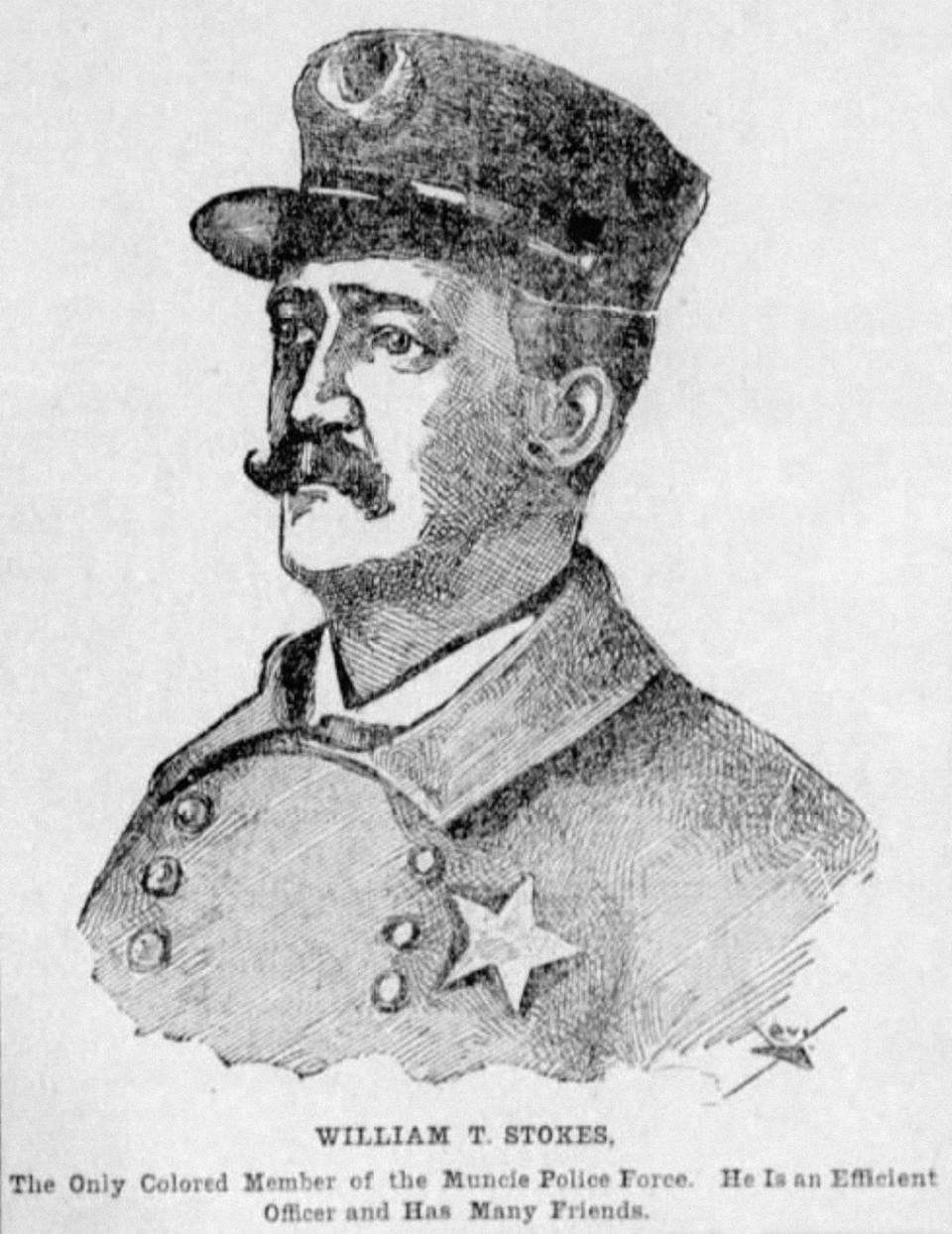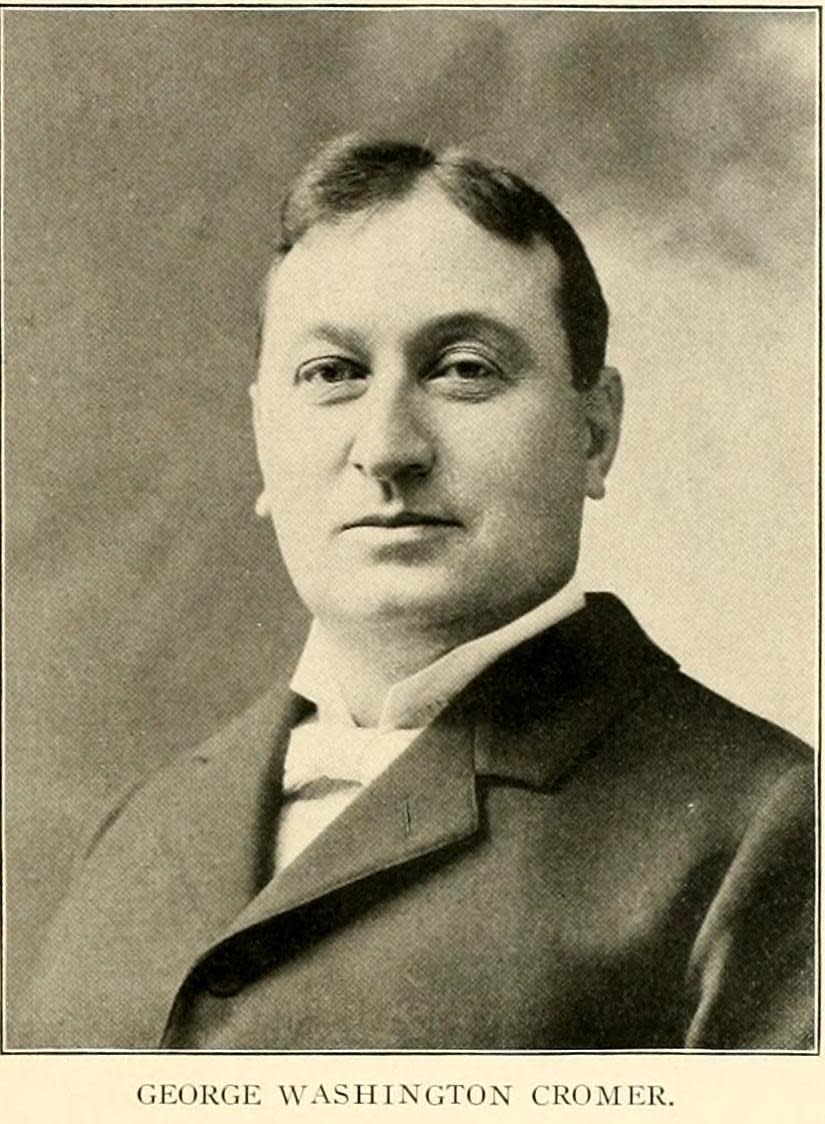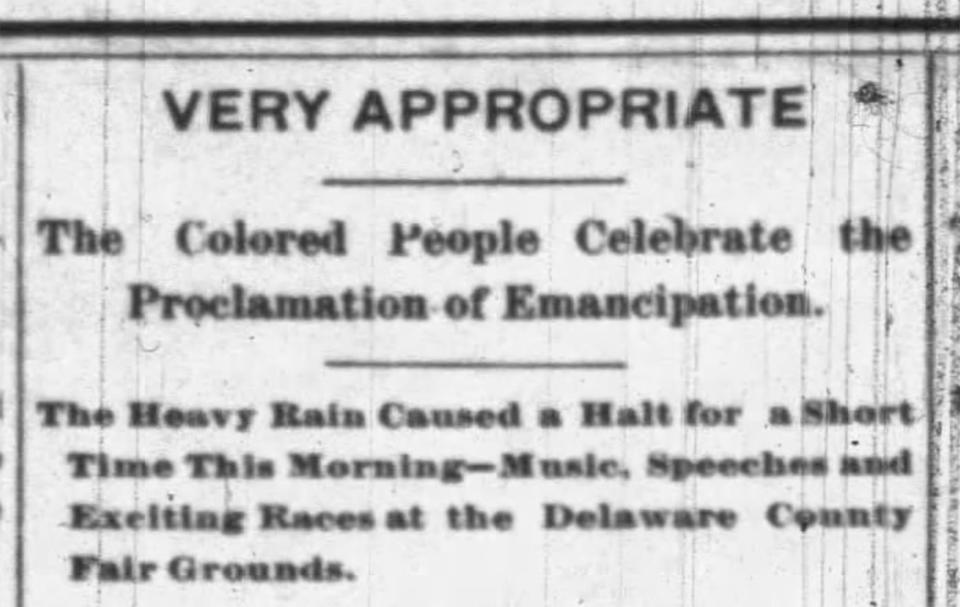Bygone Muncie: From a city-wide celebration of Emancipation Day in 1895 to Juneteenth in 2022
I was delighted to see another Juneteenth celebration this year at McCulloch Park. While it’s only the second year as a federal holiday, Munsonians have a long history of celebrating Emancipation.
Juneteenth is an old American tradition dating back to the Civil War. The day has been set apart since 1866 to recognize Black freedom in the United States. In that year, African Americans in Texas first commemorated Emancipation, which was announced in the Lone Star state on June 19, 1865.

African Americans celebrated Emancipation across the United States in the late 19th century, but not always on the same day. Texans celebrated on June 19, but some Black communities held ceremonies on Jan. 1, the date when Abraham Lincoln’s Emancipation Proclamation went into effect in 1863. Others recognized it on Sept. 22, when Lincoln issued his preliminary proclamation in 1862. Along with Juneteenth, such observances were known as Jubilee Day, Freedom Day, Black Independence Day and Emancipation Day.
Munsonians often ceremonially recognized Emancipation Day in the late 19th and early 20th centuries, usually around Sept. 22. For instance, Black Munsonians organized a city-wide celebration on Sept. 22, 1887, the 25th anniversary of the preliminary Emancipation Proclamation. The day was honored with a downtown parade, speeches, a lavish dinner and dance for participants, games and live music.
More Bygone Muncie: City celebrated Memorial Day in 1922 with flowers, flags, parade and tributes
Another such Emancipation Day jubilee occurred eight years later in 1895. The Muncie Evening Press reported on Sept. 10 that “the colored people of Delaware County are arranging for a celebration such as has never before been held in this county.” The steering committee included Reverend John Broyles, the pastor at Calvary Baptist (then known as Second Baptist), Reverend H.E. Stewart, Dover Yocum, Susie Poindexter, Jean Lewis, Harry Burnham, George Strong, and W.H. Stokes. The boosters planned “speeches, music, athletic exhibitions, and the entire day will be devoted to commemorating the anniversary of the day upon which the emancipation of the slaves occurred.”

In fall of 1895, the city’s newspapers encouraged all Munsonians to support Emancipation Day. The Daily Herald told readers that the steering committee “should be assisted in every way possible.” The Morning News encouraged citizens "to assist the colored people as much as possible in observing this."
On Sept. 22, the News wrote an editorial proudly proclaiming that Emancipation “made good the declaration of independence that all men are created free and equal,” but warned of the “political marplots who have perversely and mischievously continued their hostility to the government, delaying the full fruition of the proclamation of emancipation.” The News hoped that those blocking full freedom for Black Americans “will at least see the error of their wicked ways and accord to the colored people…the rights of citizenship which have been denied them.”
It’s not clear in the newspaper record as to why, but the Emancipation Day celebration was moved to Thursday, Sept. 26. The steering committee secured the Delaware County Fairgrounds as the venue for festivities.
When the day arrived, Munsonians woke to heavy rain, but “as the morning hours wore on, the leaden sky grew brighter and long before noon old Sol shone brightly upon the city.” Around 11:30 a.m., as the skies cleared, hundreds of Black Munsonians gathered at the Second Baptist Church (Calvary Baptist) on East Jackson Street. A small drum corps consisting of Ben Broyles, Tom and Chester White, Oscar Plain and Arthur McCray led those assembled in a procession to the fairgrounds.

Around 1:30 p.m., Reverend Broyles began the celebration with a prayer, invoking “the divine blessing upon the exercises.” Muncie Mayor George Cromer followed with a short speech greeting everyone. The mayor “was in his usual strain in his welcome address and won frequent applause.”
“A beautiful song rendered by a well drilled chorus” followed. Reverend George Hill then delivered an “address full of thought and good points, giving in general the accomplishments of the colored race.” Reverend H.E. Stewart spoke next, giving a speech entitled, "The Progress of the Race." Stewart told the assembled Munsonians that “no race had ever advanced as rapidly as the colored race. No bounds could be put upon its growth.” The program ended with addresses from Anna Truitt and Harry Burnham.
Four hundred people had gathered at the fairgrounds for the event. After the speeches, “the crowd repaired to the race course and witnessed three very spirited bicycle races and a 100 yard foot race.” William Guthrie won the first bicycle race, receiving a fine assortment of clothing as a prize. Grant Frazier won the half-mile race, clocking in at 90 seconds. His prize was a hat and some fancy gloves. W. Richardson won the three mile race and received a pair of $5 shoes. According to the Muncie Morning News, “the prizes to the second, third and fourth man were a silk umbrella, a sweater and a bicycle lantern, respectively.” The final competition was a 100-yard dash. Lawrence White won, his “prize being a fine cap.” When the games finished, “the bicycle racers presented Rev. Broyles with a fine cane.” Muncie retailers had donated all prizes.

The Morning News concluded that the day “was most pleasantly spent, dinner being eaten picnic fashion beneath the trees. The races were interesting, the crowd large and the speeches of excellent order,” The Daily Times thought the same, “there was lots of fun and patriotism at the fair grounds yesterday afternoon where Emancipation day was celebrated by the colored folks of Muncie. Everybody wore flags with pictures of Abraham Lincoln.” As old Sol set, “Mrs. Abbie Morin entertained several friends last evening in a pleasant manner. It was a happy final to the Emancipation Day celebration.”
Any holiday can be defined simply as a day set apart to commemorate something special. But most holidays go further by providing structure to ceremonially hang the values, beliefs, and remembrances that provide us with shared meaning. Good holidays sacralized this with traditions that transcend generations. More practically, holidays fasten the year to inviolable days; perennially anchoring us to what we value most as a people. While Black freedom is something worth commemorating any time of year, Juneteenth provides us with a special day to honor it. I’m looking forward to this year’s celebration and many more to come.
Chris Flook is a board member of the Delaware County Historical Society and is the author of "Lost Towns of Delaware County, Indiana" and "Native Americans of East-Central Indiana." For more information about the Delaware County Historical Society, visit delawarecountyhistory.org.
This article originally appeared on Muncie Star Press: Bygone Muncie: City-wide celebration of Emancipation Day in 1895

